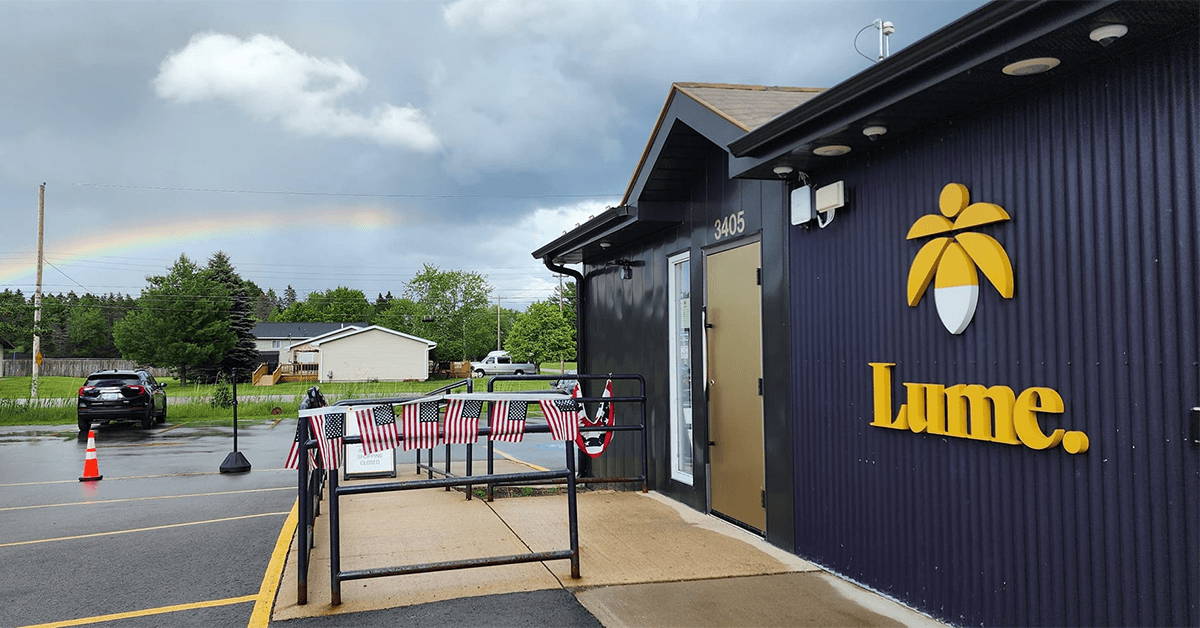Federal Prison Sentence for Michigan Cannabis Business Owner for Tax Evasion

Ryan Richmond, the owner of the Warren-based medical cannabis dispensary Relief Choices LLC, has been sentenced to 24 months in prison for tax evasion and obstructing an IRS investigation, according to the U.S. Department of Justice.
Federal authorities revealed that Richmond engaged in extensive tax evasion practices. He reportedly paid operating expenses in cash and routed credit card payments through an unrelated third-party bank account to hide the company's gross receipts. This scheme allowed him to avoid paying approximately $1.1 million in taxes between 2011 and 2014.
Richmond was convicted in federal court in September. The case highlights the complexities and legal ambiguities surrounding the cannabis industry in Michigan during the early years of its medical cannabis law.
Legal Ambiguities in Michigan's Cannabis Industry
Michigan voters approved the state's medical cannabis law in 2008. However, due to ongoing court battles, the first medical cannabis operating licenses were not issued until 2018. Relief Choices operated in this legal gray area, technically outside the state's formal regulatory framework, yet did not face enforcement from state authorities amid the ongoing legal disputes.
Banking Challenges and Cash Operations
Federal prosecutors noted that Richmond's business primarily used cash, a common practice among cannabis businesses at the time due to their exclusion from the traditional banking market. While most cannabis businesses now bank with credit unions willing to accept the associated risks, cash operations remain prevalent.
Federal Tax Obligations
Despite the legal ambiguities, cannabis businesses are still obligated to pay federal income taxes on all income, including from illegal sources, under Section 61(a)(2) of the Internal Revenue Code. This precedent was set in 1961 in the case of James v. United States, involving union official Eugene James, who faced restitution but not criminal charges for tax evasion.
Richmond's case is particularly severe. In addition to his 24-month prison sentence, he must pay $2.8 million in restitution to the IRS, which is more than twice the amount of taxes he owed. Richmond failed to file a personal tax return in 2014 despite Relief Choices generating $1.8 million in revenue, prompting an IRS audit that revealed further discrepancies.
Historical Context and Section 280E
The effective tax rate for cannabis businesses can be as high as 75% due to Section 280E of the IRS Tax Code, which disallows the deduction of business expenses for income from controlled substances listed under Schedule I, including cannabis. This section was established after Jeffrey Edmondson, a drug dealer, successfully claimed business expense deductions in 1981, leading Congress to close this loophole by enacting Section 280E in 1982.
Potential Changes in Federal Law
Efforts are underway to reclassify cannabis as a Schedule II drug, which would eliminate Section 280E and potentially improve cash flow for dispensaries. This change could also encourage more cannabis business operators to comply with tax regulations, altering the cost-benefit analysis currently influenced by high tax rates.
Share this article:
Spotted a typo, grammatical error, or a factual inaccuracy? Let us know - we're committed to correcting errors swiftly and accurately!








 Helpful Links
Helpful Links